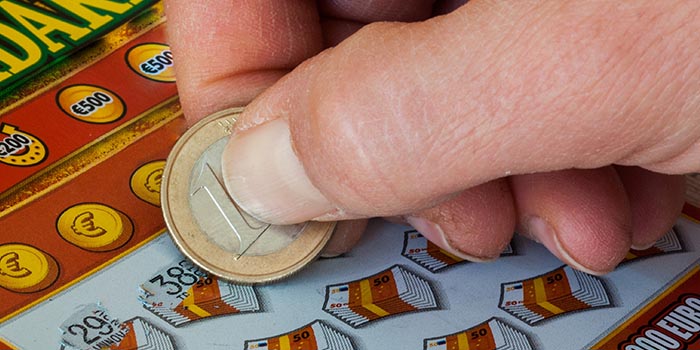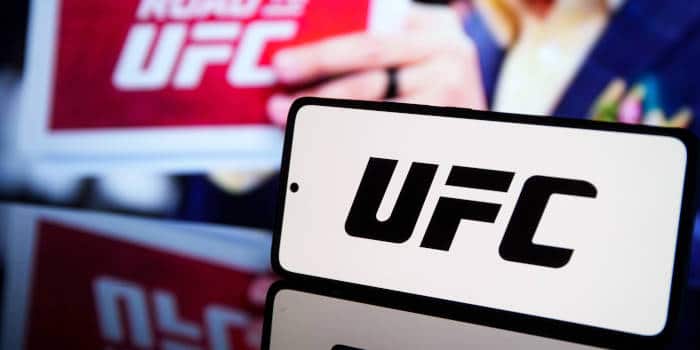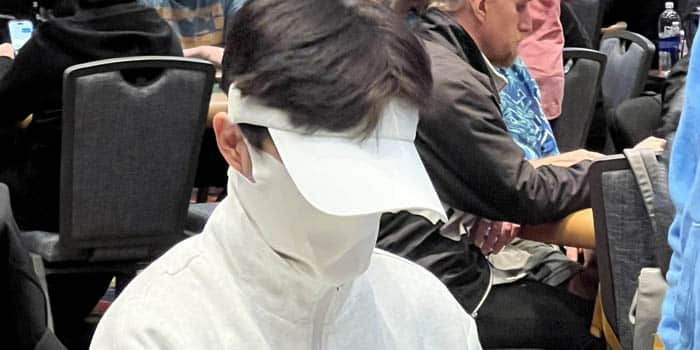- Casino
- By State
- Alabama
- Alaska
- Arizona
- Arkansas
- California
- Colorado
- Connecticut
- Delaware
- Georgia
- Florida
- Hawaii
- Idaho
- Illinois
- Indiana
- Iowa
- Kansas
- Kentucky
- Louisiana
- Maine
- Massachusetts
- Maryland
- Michigan
- Minnesota
- Mississippi
- Missouri
- Montana
- Nebraska
- Nevada
- New Hampshire
- New Jersey
- New Mexico
- New York
- North Carolina
- North Dakota
- Ohio
- Oklahoma
- Oregon
- Pennsylvania
- Rhode Island
- South Carolina
- South Dakota
- Tennessee
- Texas
- Utah
- Vermont
- Virginia
- Washington
- West Virginia
- Wisconsin
- Wyoming
- By State
- Slots
- Poker
- Sports
- Esports
DOJ Sued by IGT Over Lack of Wire Act Response

The US Department of Justice is being sued by IGT as it seeks affirmation that it can’t be charged with violating the Federal Wire Act. The lottery provider is asking for declaratory relief that the law, which was brought in 1961 and, depending on the week, applies to interstate gambling, won’t be applied to its operations connected to sports betting.
The Wire Act law, which was backed by Robert Kennedy, has one major purpose – to disrupt organized crime revenue by not allowing to bet/wager by using wire communication. However, this is the modern era where the Internet dominates the scene. That is why the law has been subject to interpretation.
Wire Act Still Unclear
As the Wire Act states, those that are willingly using a wire communication facility to transmit interstate or foreign bets on any type of contest of sports event or for “the transmission of wire communication” that will result in the recipient receiving money as a result of wagers or bets, as well as providing information that will assist in these activities, will face a fine of up to $10,000, be imprisoned for as long as two years, or both.
Back in 2011, the state lottery commissions in Illinois and New York sought the opinion of the DOJ on whether the use of the Internet and foreign transaction processors with the goal of selling in-state lottery tickets is prohibited by the Wire Act or not.
The response, in 2013, was that the Wire Act is not applicable to gambling aside from sports betting. Thanks to the response, online lottery sales started booming and online casino games and online poker were launched in the states of Delaware, New Jersey and Nevada.
Efforts Made to Reverse the Opinion
After the response of the DOJ was official, there were some legislative efforts that were backed by the late Sheldon Adelson to reverse the opinion; however, Congress rejected them. Online gaming was one of the bêtes noires of Adelson.
Operators did not enjoy this privilege too long. In January 2018, DOJ decided to prohibit all types of gaming online across state lines. According to critics, the decision was made as a favor to Adelson, who is known as a massive Republican donor.
This resulted in the DOJ being sued by the New Hampshire Lottery, which argued that the criminal liability to its operations will be extended with the reversal and intruding on the state’s sovereign interests without any clear language that the result was intended by Congress. The lawsuit went on to say that the specific statute construction is not faithful to the text nor its purpose, structure, and legislative history.
The district court’s decision went to the New Hampshire Lottery and ruled it “exempt from the opinion” and even ordered the new interpretation to be set aside, which is something that the DOJ appealed. Then, the higher court rejected the DOJ’s position, but it vacated the order for the opinion to be set aside.
In doing so, the possibility of the act being reinterpreted at some point in the future was left open. In its complaint, IGT stated that its entire gaming business, aside from lottery operations, is subject to prosecution and the only thing that the DOJ did is offer a promise that it will provide a 90-day warning before it can subject the company’s lottery business to the Wire Act’s provisions.
IGT’s standpoint is to put the issue away for good by having the courts remove any remaining statute ambiguity.
Filip Mishevski has been covering online gambling and cryptocurrencies for the past decade. He has written countless articles, how-to-guides, insights and news, and is keen on sharing his extensive knowledge in the aforementioned fields. He’s very passionate about soccer and MMA and is interested in how the online gambling industry will shape our future and thus, influence our lives.
Previous Article

Legal
November 25, 2021
Strive Gaming Appoints Haig Sakouyan as VP of Client Success

Next Article


Legal
November 25, 2021
Stats Perform to Assist A-Leagues in Establishing Digital Footprint
Must Read
Legal
July 7, 2025
Former SkyCity Executives Sued Over AUSTRAC Penalty
More Articles



Sports
July 10, 2025
NJ Bans Sportsbook Deals With Public Colleges

Casino
July 10, 2025
Mohegan Sun Guest Wins $2M Gambling in Spanish 21













